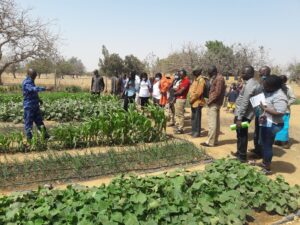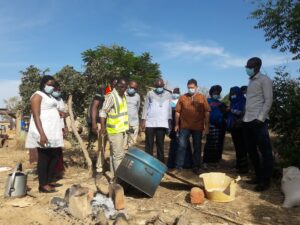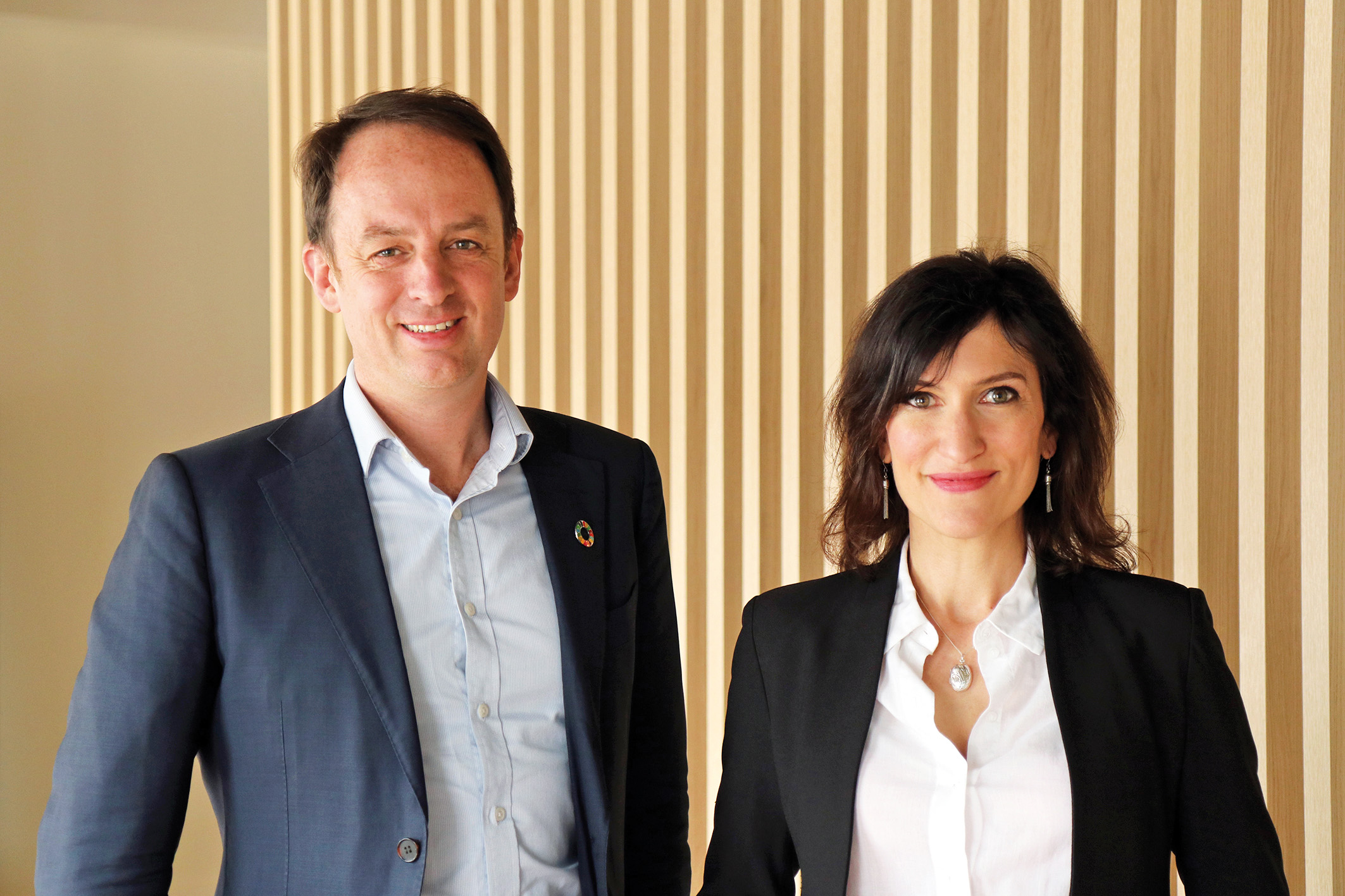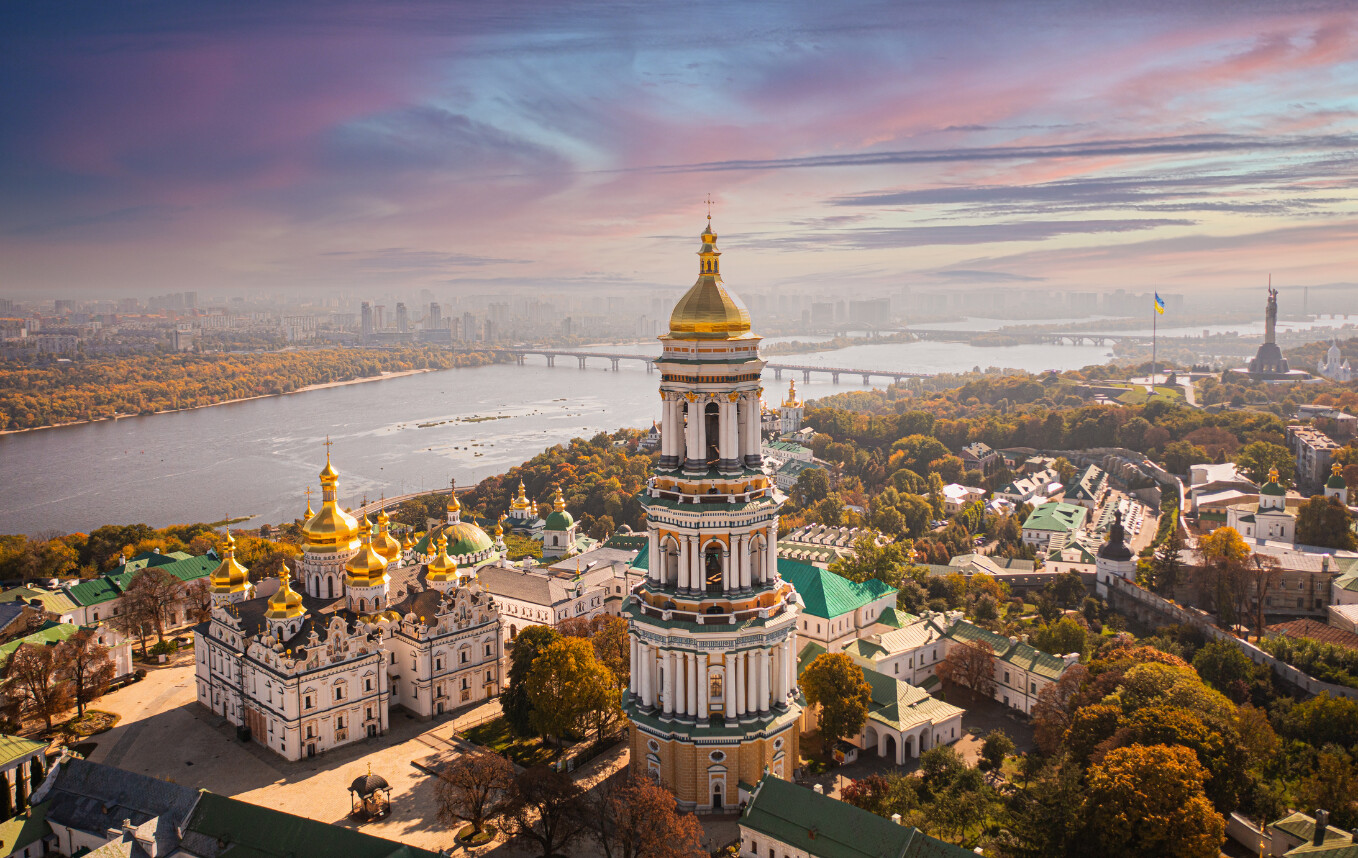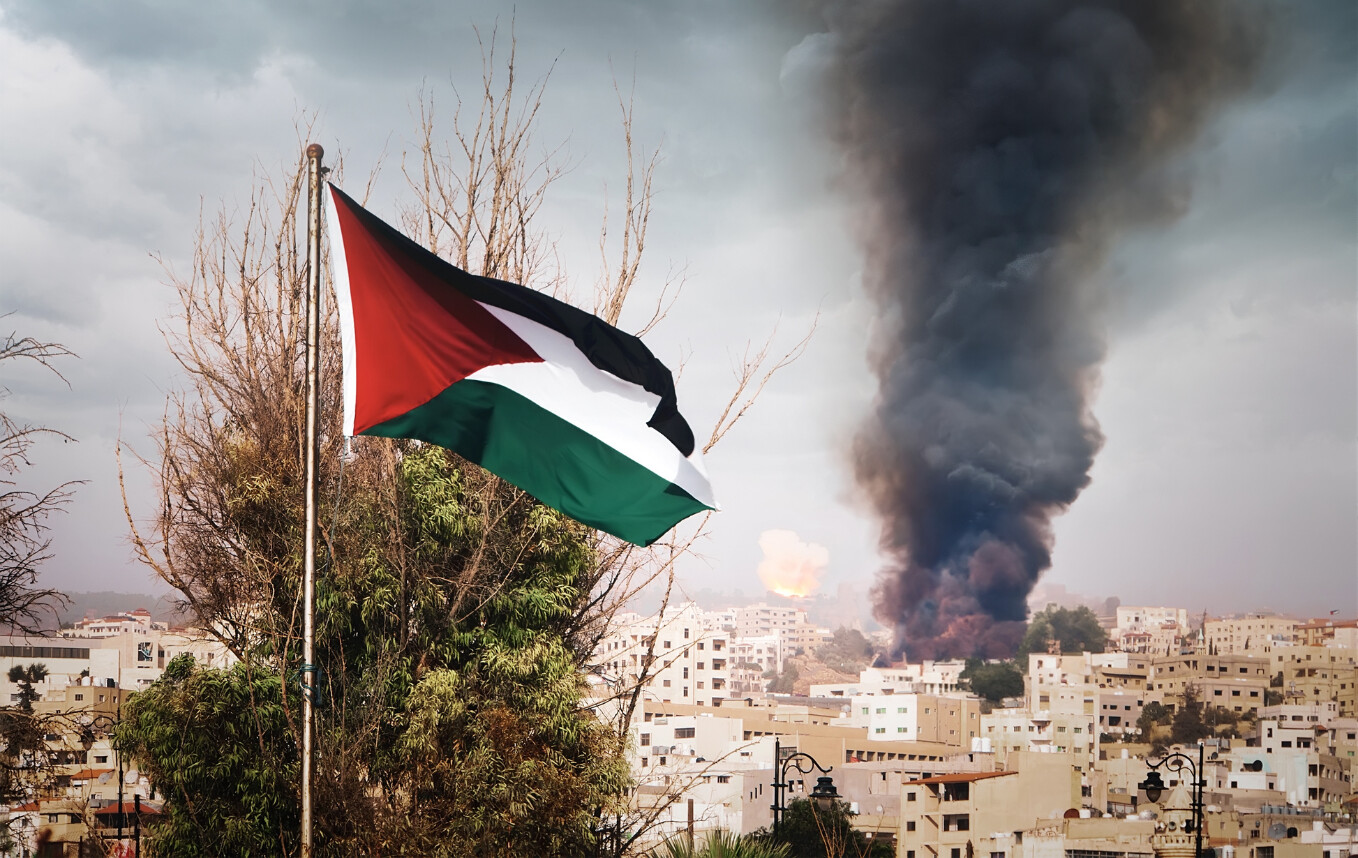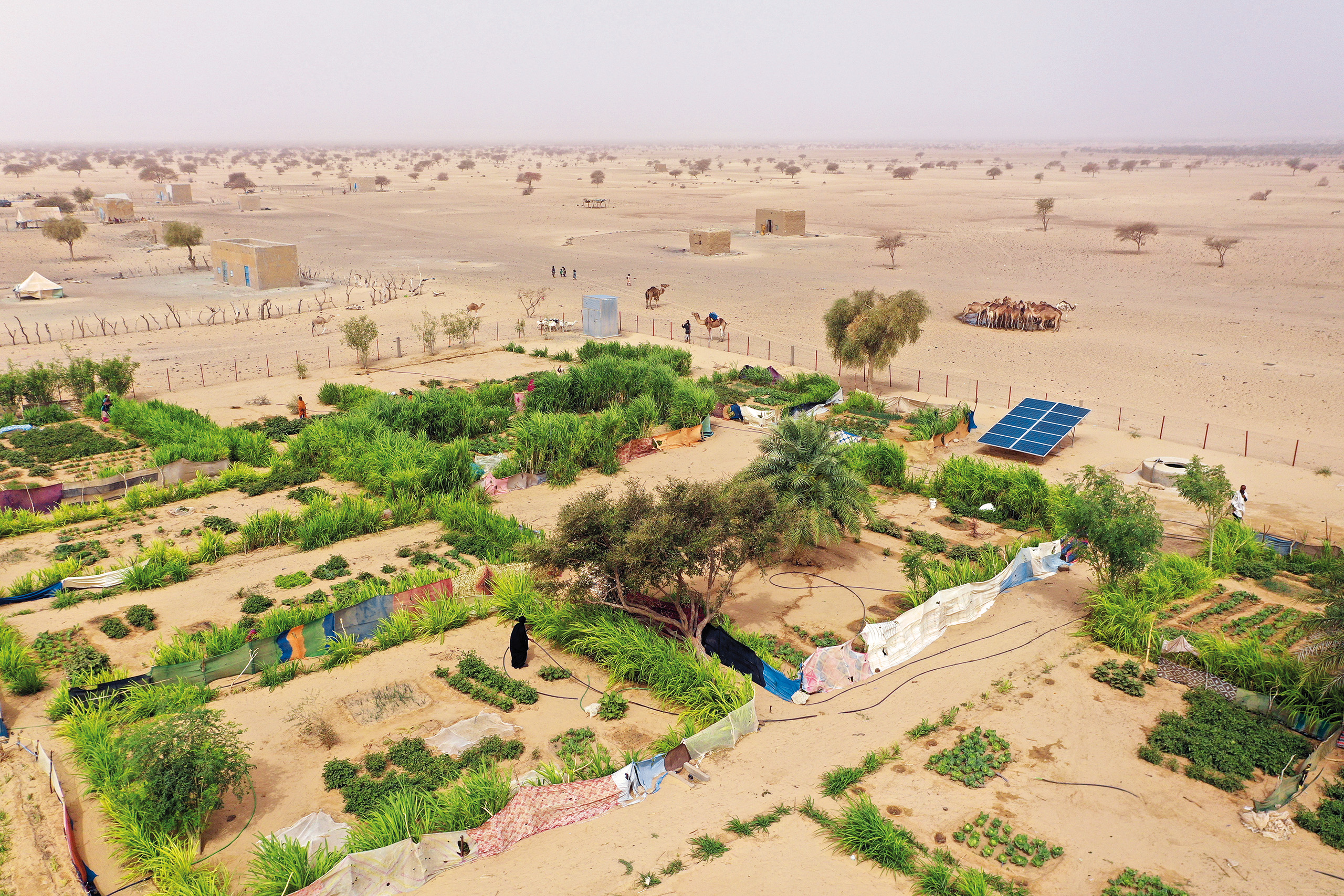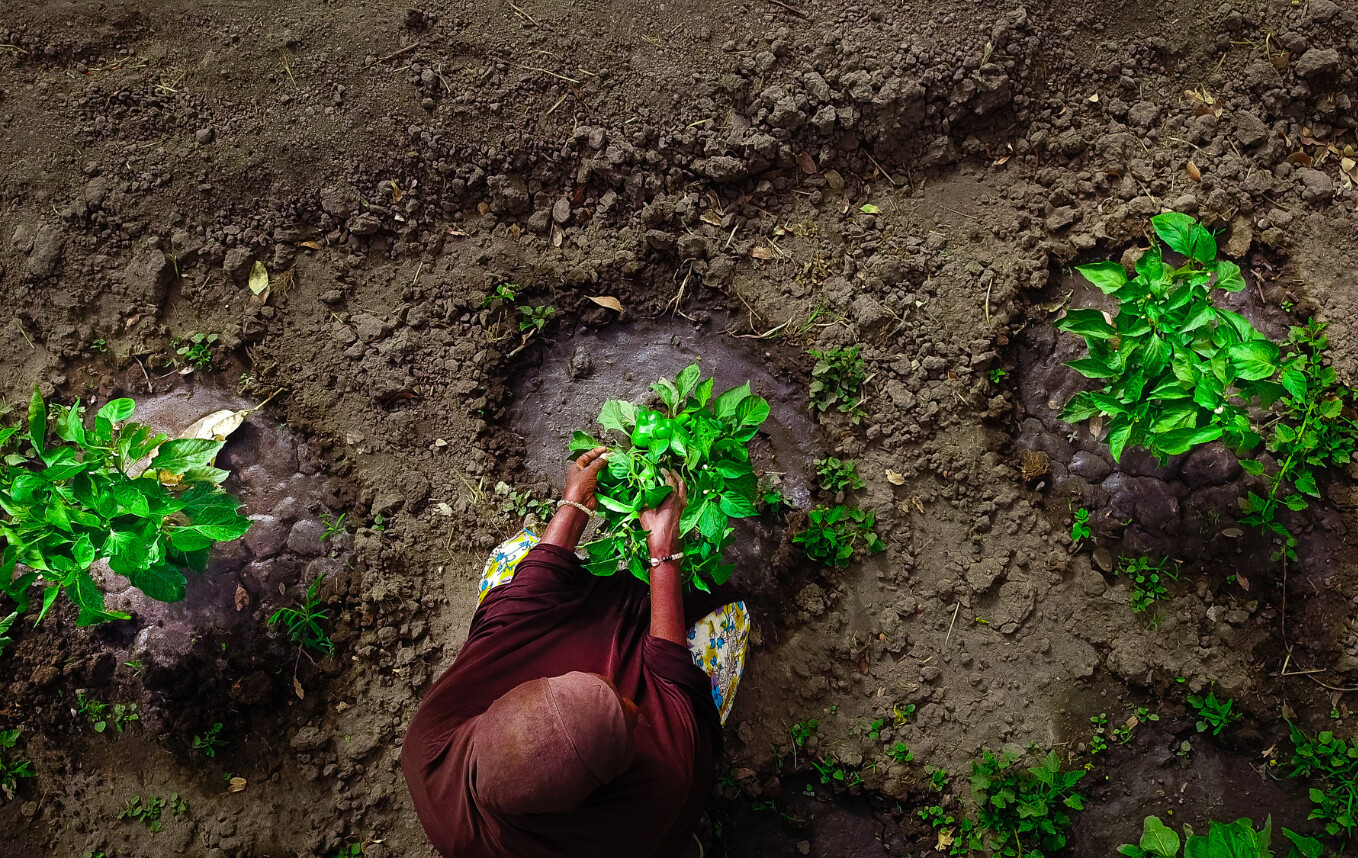Interview with Sacha, Junior Expert for Autre Terre in Burkina Faso
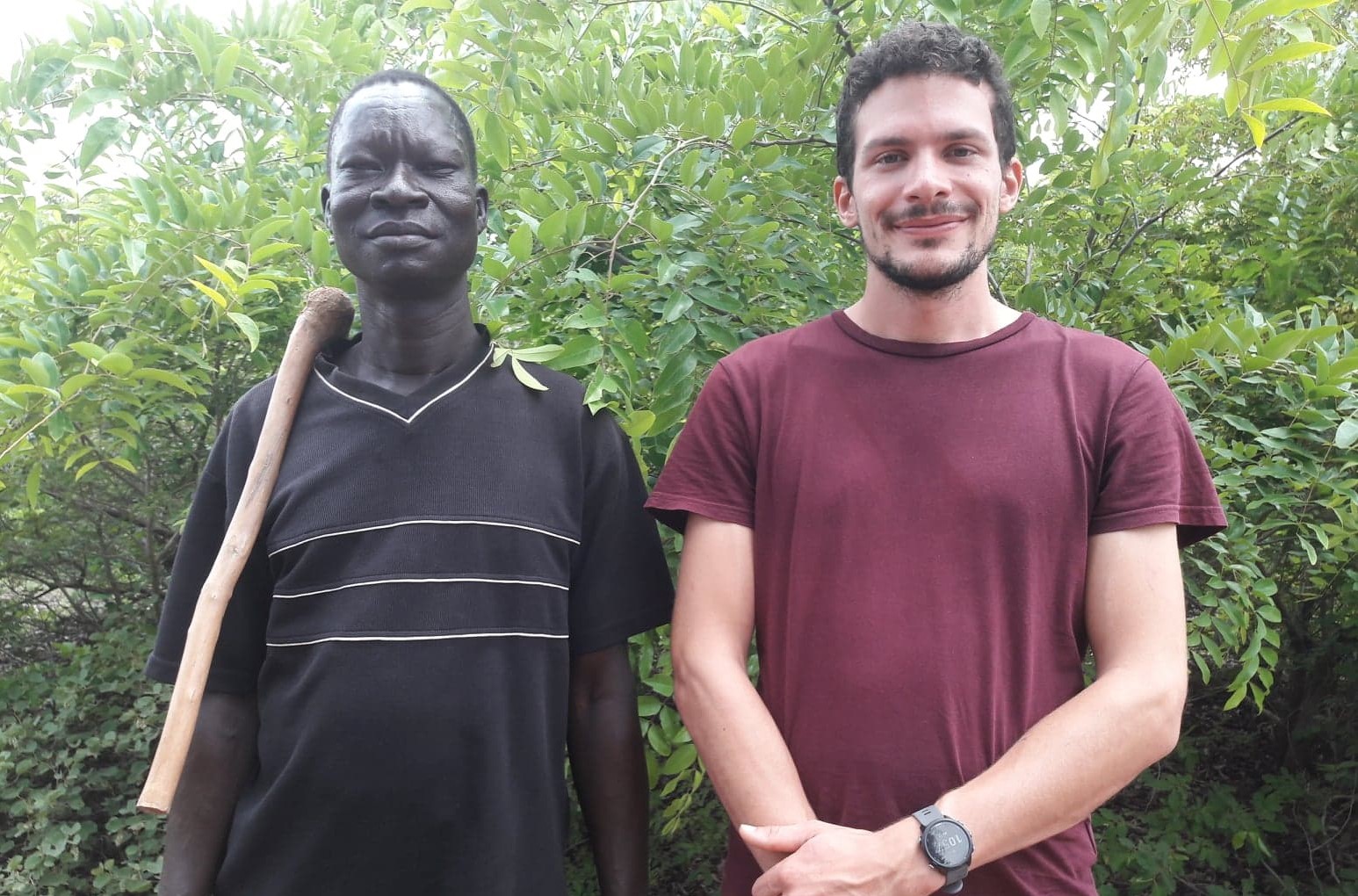
Sacha was the very first Junior Expert to join our new partner Autre Terre.
As part of the SIA Programme in Ouagadougou, Sacha – Junior Expert Synergies, Monitoring & Evaluation – strengthened the synergies and complementarities between the actors of sustainable family farming of the Programme as well as with Burkinabe civil society. SIA is a Joint Programme of SOS Faim, Iles de Paix and Autre Terre. These three NGOs are partners of the Junior Programme. They promote sustainable family farming and the social economy for a fairer world.
But who are you Sacha?
My name is Sacha Bronfort. I was 26 years old when I left for Burkina Faso in the spring of 2019. I have a Master’s degree in environmental science and management in the South. I had already made a first trip to the ‘Land of honest men’ in 2017 as part of my thesis.
“When I graduated, I looked for an international experience but I was refused several times. The world of international solidarity proved quite closed and very often a first experience was required.”
I did some voluntary work. I volunteered with CARI, a French NGO fighting against desertification from Montpellier, where I had to coordinate the activities of a platform of associations, scientists and local communities which in particular promote agroecology as a sustainable way to fight against land degradation in the Sahel and the Mediterranean.
I had heard about the Junior Programme in 2017 and applied for the first call of the Junior Programme (version 3), which was postponed to 2018.
“For me, the Junior Programme is a bit of a ‘red carpet’ to access the much closed world of international solidarity.”
I applied for two agroecology and environment jobs, but I was not too hopeful. I thought the selection process would be very ‘elitist’. But, surprise! I finally climbed all the steps of the recruitment process to see myself assigned to be a Junior Expert Synergies & Monitoring & Evaluation for the NGO Autre Terre in Burkina Faso.
What is your role within the project?
So, I was assigned to Burkina Faso, a West African country landlocked between Mali, Niger, Togo, Benin, Ghana and Côte d’Ivoire. I lived in the capital, Ouagadougou, a very lively cosmopolitan city, and worked there for a term of 2 years.
Based in the country office of the NGO “Autre Terre” (from Liège) with partners from the NGOs SOS Faim and Iles de Paix, we contributed to the promotion of sustainable family farming and the social and solidarity economy for a fairer world.
My main tasks were to detect, promote and support synergies between the 9 partners of the Joint Programme. Beyond the Programme, my synergy tasks also involved other Belgian NGOs and their partners, as well as other civil society networks working on agroecology (CNABio, COASP, CCAE, GT Agriculture/SPONG, 3AO…).
Besides these core activities, I was able to touch many other areas of activity of the NGOs such as communication, by writing articles, project development, budgeting, organisation of events, facilitation of workshops (on organic inputs, farmers’ seeds) and training.
Since 2016, the country has been plagued by an upsurge in terrorist attacks, which have been mainly in the North and East of the country, and this has inevitably had an impact on my work, preventing me from carrying out follow-up activities on several occasions. Although a little frustrating at first, I quickly adapted to the situation.
What have you learned on a personal and professional level through this experience?
My activities were very relational: getting to know each actor or structure, finding out about their difficulties, their strengths, their needs… As time went, I gained confidence in myself.
I developed skills in group facilitation. I tested various approaches, ‘icebreakers’ or ‘energisers’… that were sometimes original!
“Initially I was not used to speaking in public but I overcame my apprehension and finally felt at ease. I also gained confidence in my abilities and legitimacy to negotiate or mediate.”
However, I was sometimes disenchanted with the “system” of international cooperation/solidarity. The system of granting per diems to participate in workshops or meetings, initially set up by international development players, tended to spoil some of my activities; and I seemed to be the only one to object to this system. .
I also had to overcome the passivity of participants when I asked them to do non-financed activities (e.g. experience sharing, meetings with other actors). Financial means occasionally were extremely blocking factors, which would never have been the case in Belgium.
How do you see the future after the Junior Programme?
Following this 2-year experience in Burkina Faso, I decided to continue working for the SDGs but from Belgium.
“ This choice matured over time and was influenced by the support of my coach (made available by the Junior Programme throughout my experience). She helped me see my desires and needs more clearly.”
After having contributed to the promotion of agroecology in Burkina, I will continue to work in sustainable food systems in Belgium. A week after my return to Belgium , I was already working as a facilitator at the CIEP (Centre d’Information et d’Education Populaire), a permanent education body of MOC in Liège.
However, I do not lose the link with international solidarity completely, since part of my time will be spent doing Solidarity World Citizenship Education for the MOC’s NGO, We Social Movement… The circle is complete.
